Chikungunya Symptoms & Treatment Guide
Accident & Emergency Jinnah Hospital, Karachi
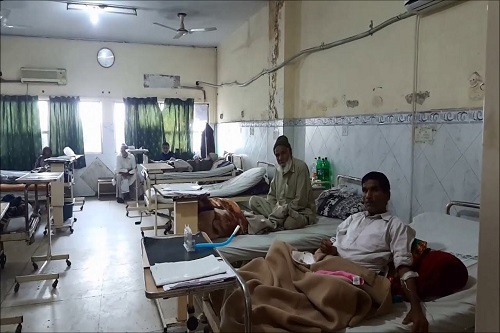

Karachi’s tropical climate provides a conducive ground for breeding of Aedes aegypti and Aedes albopictus mosquitoes, the carriers of this debilitating mosquito-borne disease Chikungunya.
A viral infection, caused by the chikungunya virus (CHIKV), which strikes suddenly typically begins with fever and is followed by intense joint pain, often accompanied by muscle pain, rash, fatigue, headache, nausea, vomiting, diarrhoea, and even conjunctivitis. These symptoms can persist for weeks or even months.
The upgraded Emergency Department at Jinnah Postgraduate Medical Centre (JPMC), funded by the Patients’ Aid Foundation, is serving 24/7 offering free treatment to Chikungunya patients ensuring critical care is accessible to all. By contributing to this cause, you can help provide essential medical services. To make an online contribution click DonateNow or visit www.patientsaidjpmc.org to find out other ways to donate.
Chikungunya Symptoms
Chikungunya symptoms typically appear four to eight days after being bitten by an infected mosquito and include sudden fever, intense joint pain, especially in the hands, feet, wrists, and knees, along with muscle pain, headaches, fatigue, and rashes. Many patients also experience nausea and vomiting. These symptoms make a patient feel weak with joint pain sometimes lasting for months.
Chikungunya Prevention
To combat this growing chikungunya epidemic, it’s crucial for communities to take proactive steps to protect themselves. Here are essential prevention strategies:
- Inspect your surroundings regularly and remove any stagnant water from containers, flower pots, and gutters
- Apply insect repellent containing DEET or other effective ingredients to exposed skin, especially during dawn and dusk
- Wear long-sleeved shirts and pants to minimise skin exposure during peak mosquito hours.
- Make sure your windows and doors are fitted with screens
- Participate in community awareness programs to learn more about chikungunya and other mosquito-borne diseases, spreading knowledge to help protect others.
Chikungunya Treatment
Although prevention is essential, there is currently no approved vaccine or specific antiviral treatment for chikungunya. Key recommendations for recovery include rest, hydration and taking paracetamol for pain and fever. It’s important to avoid aspirin, as it can increase the risk of bleeding. Despite these efforts, severe cases may lead to long-term complications such as arthritis or chronic joint pain, which can significantly affect a person’s quality of life well after the initial infection.
As this health crisis deepens, organisations like Patients’ Aid JPMC are stepping up to provide critical support and education and treatment
Patients’ Aid JPMC is committed to alleviating the suffering caused by this virus and you can support by sharing this information and providing financial assistance for providing quality healthcare to the underprivileged saving precious lives.
If you are interested in supporting Patients’ Aid’s noble cause, donate to the “Roz ka Sadqa” ensuring that those in need receive the medical assistance they deserve.
Patients Aid has revolutionised healthcare at JPMC for providing world class quality healthcare to all. Your support is crucial in saving the lives of countless individuals affected by chikungunya and other diseases visiting the Accident & Emergency Dept at JPMC. To learn more or offer your support, visit our website or contact us at 0301-8278222.
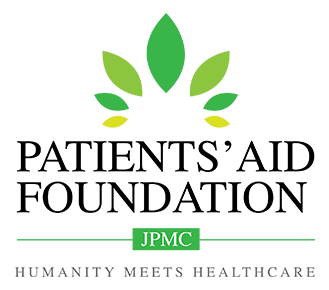
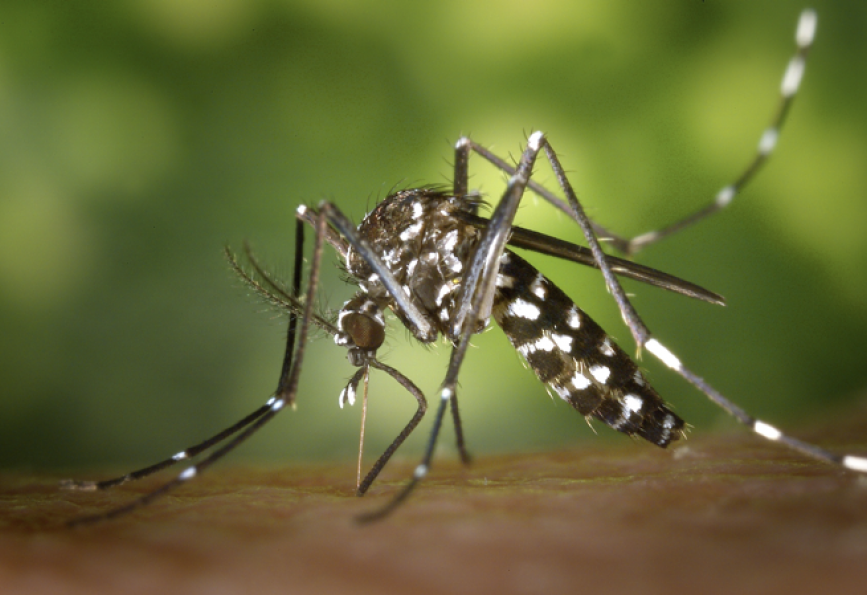
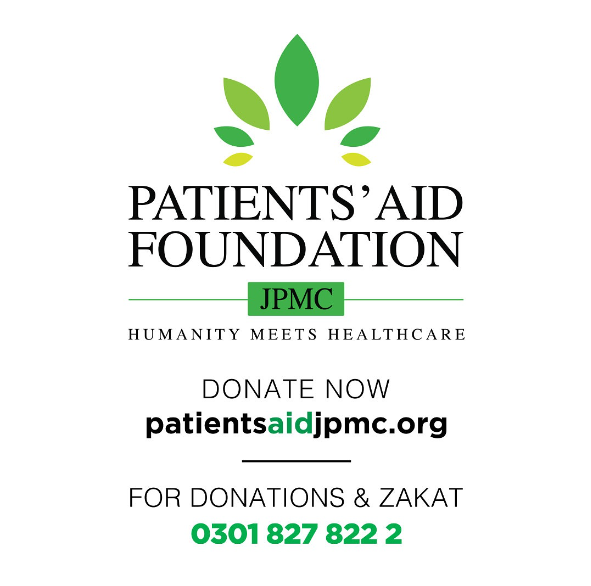
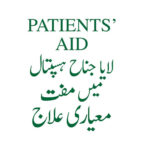 Previous Post
Previous Post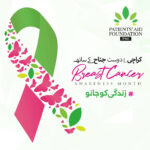 Next Post
Next Post